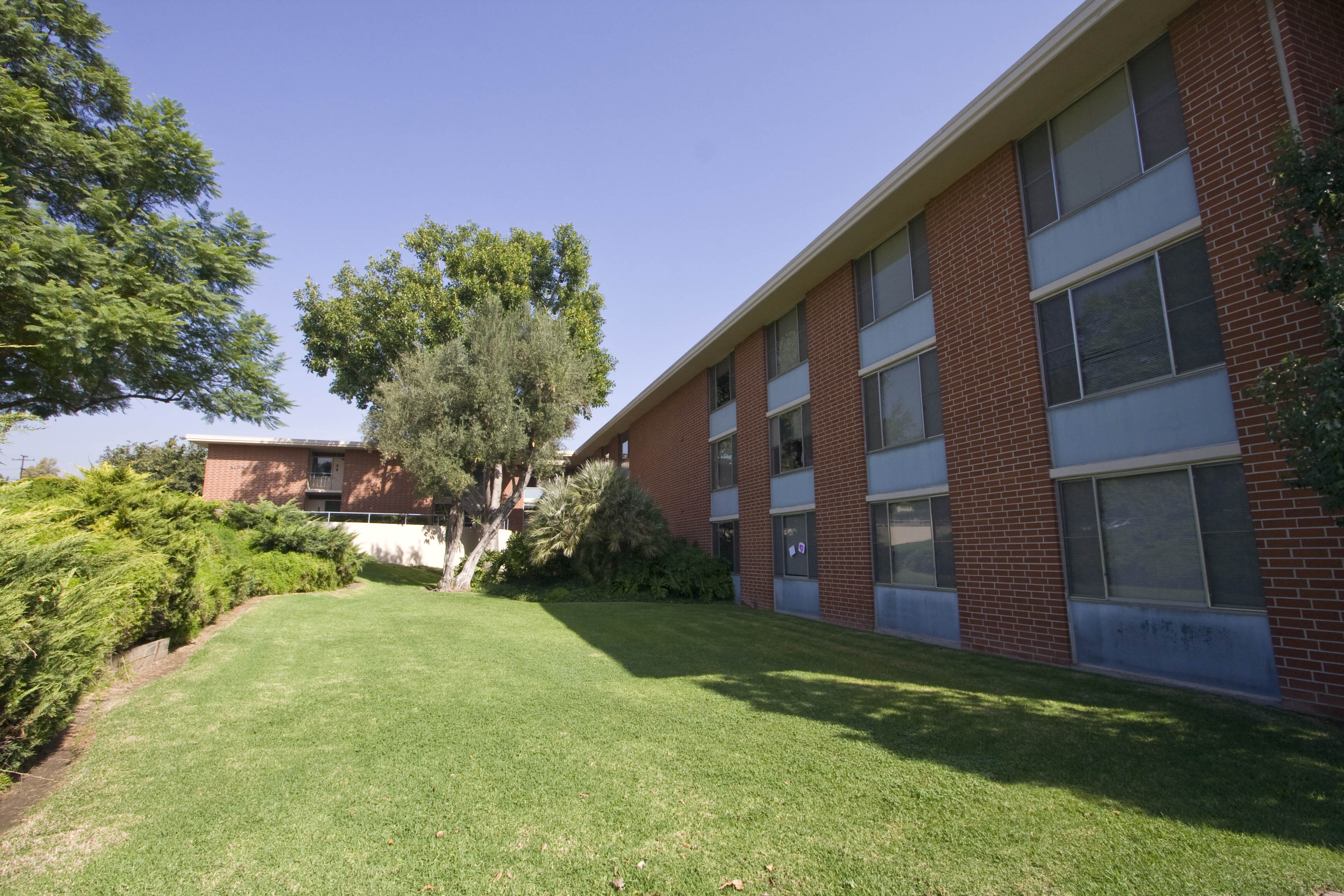On Jan. 31, Sandy Hough, the dean of community life & Title IX coordinator, sent an email to Biola students announcing a drastic change to Biola’s residential community: Alpha Hall will become a co-ed dorm beginning in fall of 2023. Additionally, Alpha, Sigma and Hart Hall will only be available to first-year students.
This change to Biola’s housing system has brought about confusion, frustration and even grief among the student body, leaving many feeling uneasy about what their next steps are for their living situation next year at Biola.
THE HISTORY OF HOUSING AT BIOLA
Alpha is one of Biola’s oldest dorms today along with Stewart Hall. Aside from its age, Alpha is known for being the only all-girls hall on Biola’s campus, serving as a space where Biola’s undergraduate women can be in community with one another. The end of Alpha’s legacy is symbolic of the change that the university is undergoing as a whole. The culture of dorm life will change, and with it, the culture of our whole community.
This is not the first time that Biola has chosen to get rid of a gender-specific hall. In 2015, Emerson Hall — Biola’s only all-men’s dorm — was converted into faculty offices, dissolving a tight-knit community of men who called themselves “Emersonians.”
In a 2015 article on the Biola News Blog addressing the conversion of Emerson Hall into offices, alumnus Richie Gowin said, “The short halls, the lack of air conditioning, and few rooms made sure everyone grew close together … Doors were always open. People had to fight to be unknown.”
STUDENT PERSPECTIVES
Pertaining to the first-year exclusive halls being integrated next year, Hope Hinkle, a CMA student at Biola University, took to Instagram to share her thoughts.
“I feel like it’s just a bad and out of touch decision,” Hinkle posted on her Instagram story. “No one wants to live with people who are all the same age as them. That’s the beauty of college, getting to know different people at different seasons and stages of their lives.”
Rachel Sunu, another CMA student who lived in Alpha her freshman year, stated that the decision to convert the hall into a co-ed facility is a poor decision.
“I liked that Alpha was just for women,” Sunu said. “I thought it created a fun community of only girls. It kind of felt like a sacred space. I think they’re kind of losing something by making it co-ed.”
According to the email sent out to students, these changes to Biola’s undergraduate living program “will enable residence hall staff to plan more specific and relatable programming.” For first-years, this will mean that the first-year halls will have programs tailored to adjusting to Biola’s community. Alpha becoming a co-ed hall could potentially allow for better housing options for some students.
The question still remains — why now? By dissolving Alpha Hall and limiting other halls to only first-year students, Biola is creating disruption for many of its currently enrolled residents. Some students are drawn to Alpha for its unique qualities, and they may feel displaced as the whole culture of their home will be changing. At the same time, these changes might be reflective of predicted growth for incoming students at Biola, which is very much needed.











